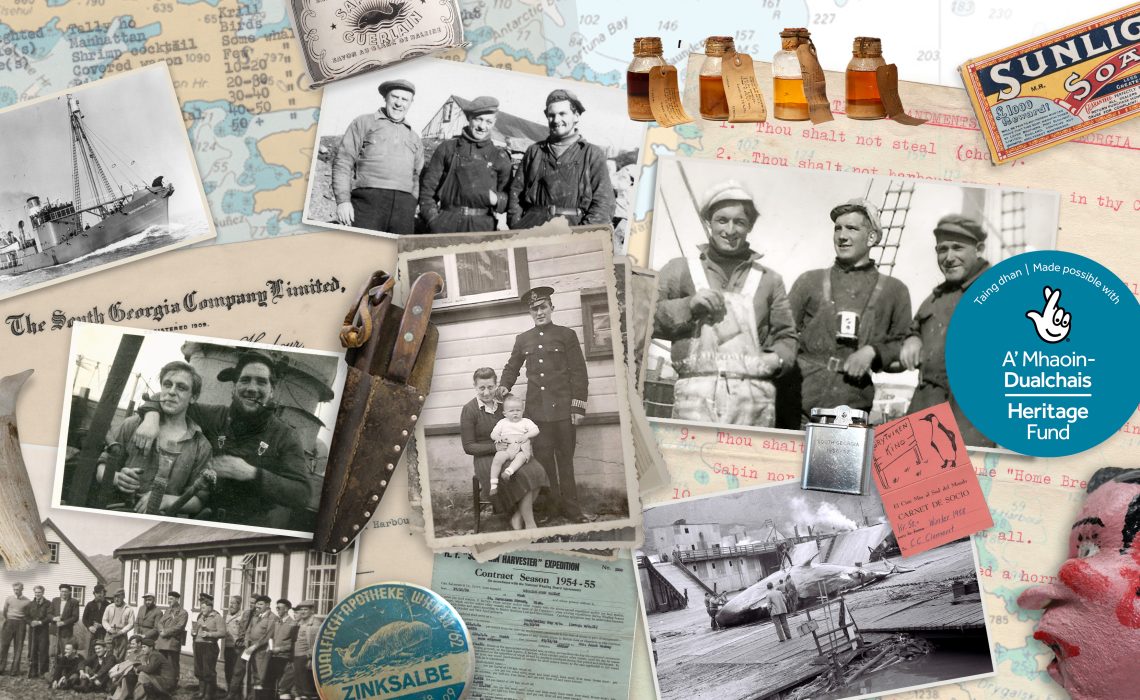
The Whalers’ Memory Bank is launched
The Whalers’ Memory Bank Montage. Photo Credit: South Georgia Heritage Trust
Delving into a topic that, while perhaps a shade more serious than my usual musing, holds a profound resonance for anyone who cares about our shared history and the intricate tapestry of human experience. It’s about the extraordinary power of untold stories, and how they can profoundly shift our understanding of even the most challenging periods of our past.
We’re all heading for a “Whale of a Weekend” festival in Dundee – how brilliant is that name?! – and amidst all the excitement, the South Georgia Heritage Trust is unveiling something quite profound: The Whalers’ Memory Bank. This remarkable digital archive is a significant development, one that promises to illuminate a complex chapter in Scottish and global history and set to reveal the often-overlooked human narratives behind the whaling industry on South Georgia.
Listen to my audio introduction above.
We are, by nature, fascinated by what lies beneath the surface – the hidden depths, the quiet triumphs, the forgotten struggles. Untold stories ignite our imagination precisely because they offer a glimpse into these unseen worlds, challenging our preconceived notions and enriching our collective memory.
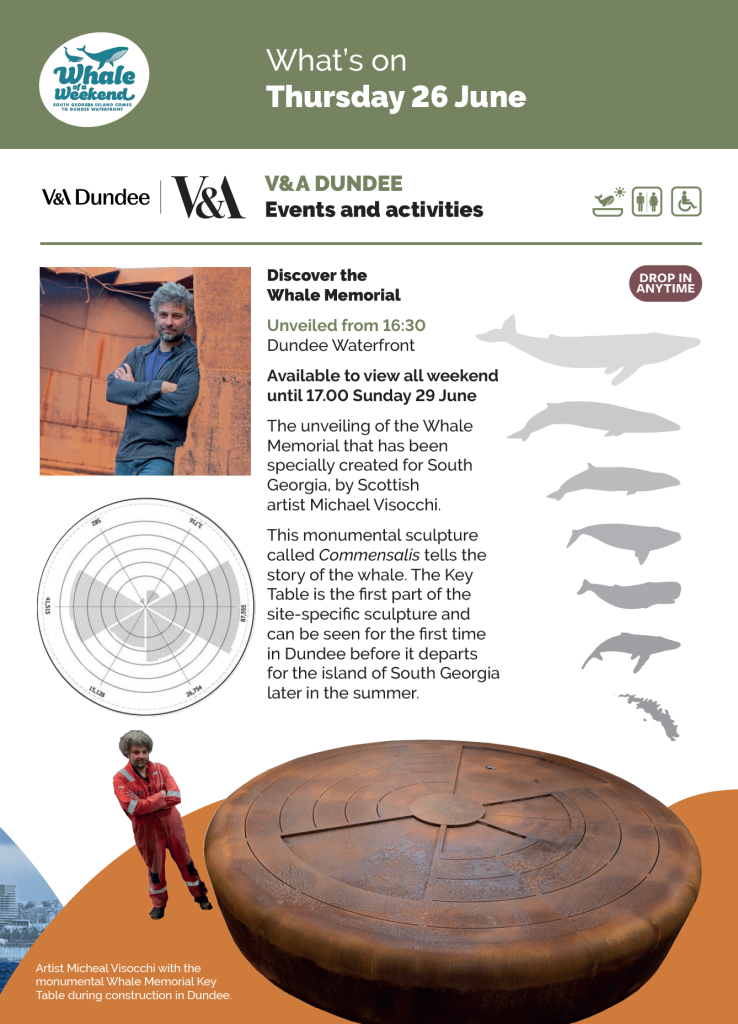
Now, I can already hear some of you thinking, “Whalers? But Sue, aren’t we all about protecting whales now?” And you’d be absolutely right to feel that powerful emotional connection to the majestic creatures that were once hunted to the brink of extinction. That dominant narrative, quite rightly, fills us with sadness and a determination to conserve. In fact, seeing sculptor Michael Visocchi’s new Whale Memorial, “Commensalis,” unveiled during the festival, at the waterfront in Dundee, will be a powerful tribute to the whale’s dark history and its resurgence.
But here’s where the magic of untold stories comes in, and why this project has truly captivated me. The Whalers’ Memory Bank isn’t about glorifying the past; it’s about understanding it through a lens we rarely get to see. It’s about taking those blank spaces in our historical understanding and filling them with the human stories that have been largely unheard.
For years, the story of modern whaling (between 1904-1965), particularly the Scottish involvement in the Southern Hemisphere, has been largely overshadowed by the undeniable ecological tragedy. And rightly so, in many ways. But what about the people who lived and breathed that industry? The working-class men from Scotland who travelled 8,000 miles to South Georgia, lured by the promise of adventure and, crucially, competitive wages when work was scarce at home?
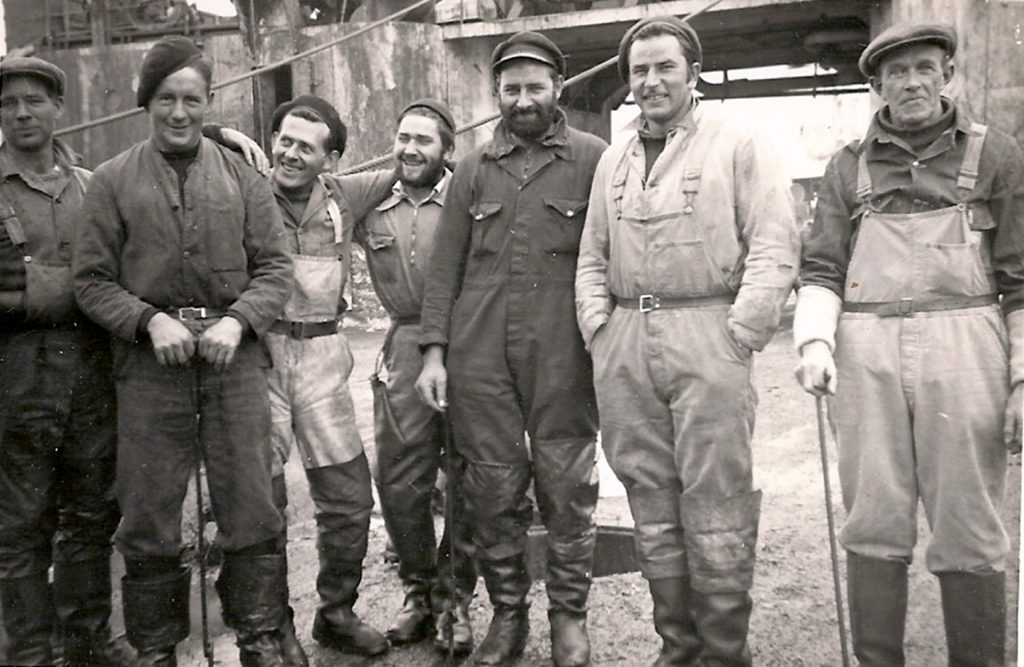
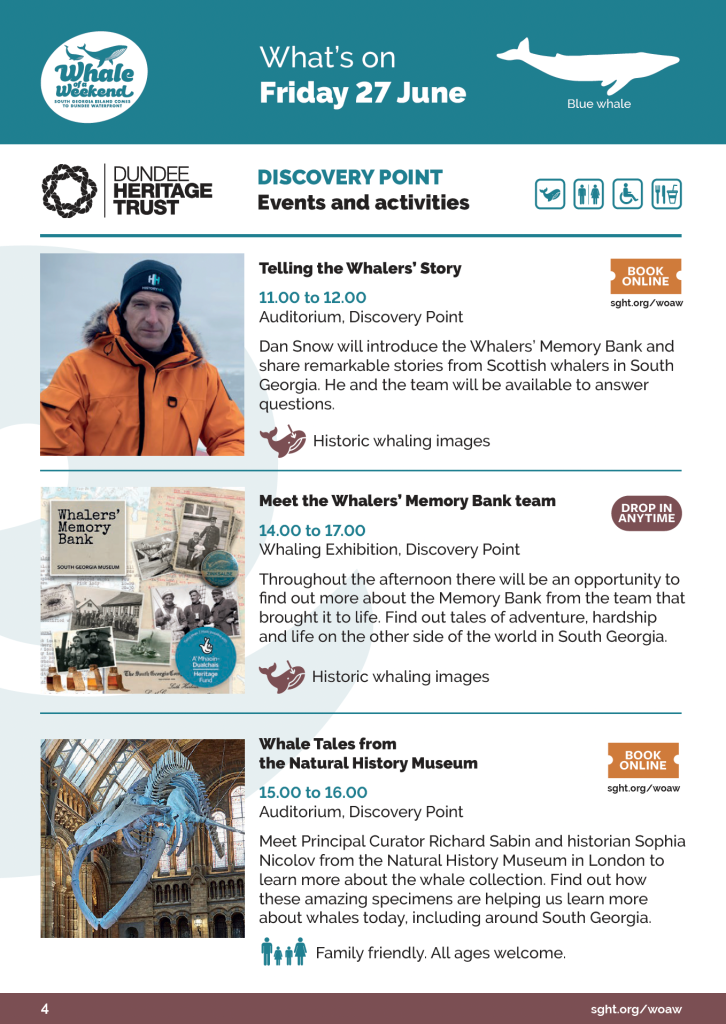
This Memory Bank, to be launched with the help of historian Dan Snow, is a living, growing digital time capsule, and doesn’t resemble the traditional online museum database! It’s where the veterans of the whaling industry, their families, and their communities have finally come together to share their experiences. It offers an alternative perspective, not to diminish the ecological tragedy, but to reveal other hidden truths that are crucial for a more complete and nuanced understanding of history. Imagine, if you will, the sheer grit and resilience of these individuals. We’re talking about the radio operators, the blacksmiths, the helicopter pilots – all part of a thriving, self-contained community on these remote whaling stations, 8,000 miles from home.
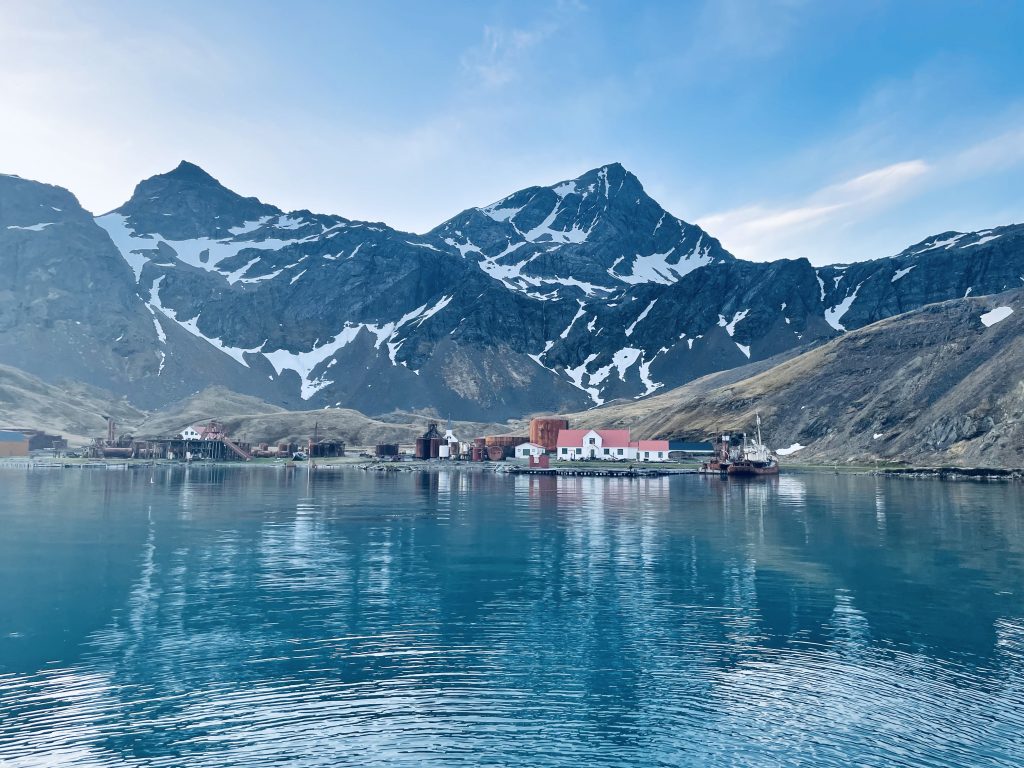
Jayne Pierce, Project Director and Curator at the South Georgia Museum, sparked the creation of this project, stemming from her research into the lives of the whalers in South Georgia and the absence of those stories online. Once the word was out, the project has been “inundated with material,” revealing a deep desire within these communities to share their experiences.
And let’s face it, it was at times a tough life, but also one full of adventure. Assistant Curator at the South Georgia Museum, Helen Balfour’s grandfathers and great-grandfather were whalers. Her personal connection underscores the profound human stories woven into this industry – stories of camaraderie, hardship, and immense sacrifice. These personal accounts – through film, oral histories, photographs, and even 3D tours of whaling stations – will allow us to understand, through their eyes, how whale products were once a vital resource, literally “keeping the wheels of Britain turning” – from margarine to soap, and even as components for national defence. This isn’t about condoning the past; it’s about looking at it “through the lens of the time rather than with hindsight,” as the project itself wisely states. It’s almost impossible for us, now, with whale preservation a cornerstone of worldwide conservation efforts, to truly grasp that context.
You can investigate the Whalers’ Memory bank right now, through this short film (1 min 30) about the project, visit: https://vimeo.com/1079694053/5cd7552682
If you’re in Dundee for the “Whale of a Weekend” (June 27th!), go and explore the Whalers’ Memory Bank. Or, if you can’t make it, head over to whalersmemorybank.sgmuseum.gs (live from June 27th!) and prepare to be truly fascinated. History is rarely, if ever, one-dimensional. These untold stories aren’t just about the past; they’re about understanding the human condition, challenging our perspectives, and reminding us that every historical chapter holds countless personal narratives waiting to be discovered.
It is only by understanding all facets of our past, the difficult alongside the celebrated, that we can truly learn and move forward.
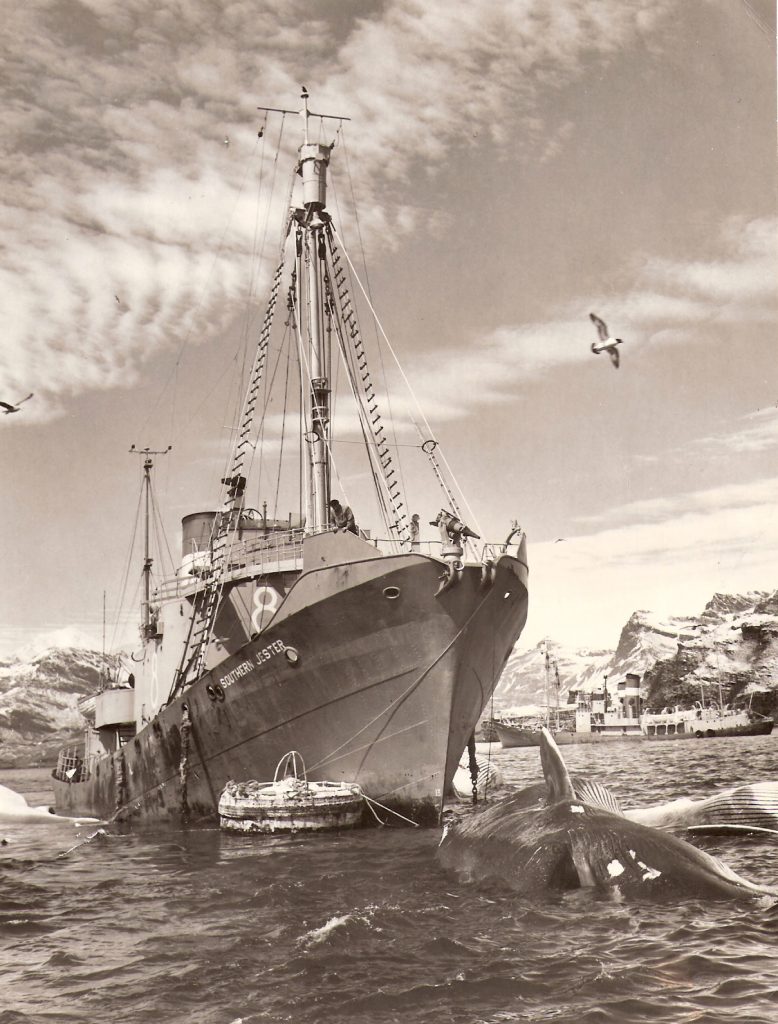
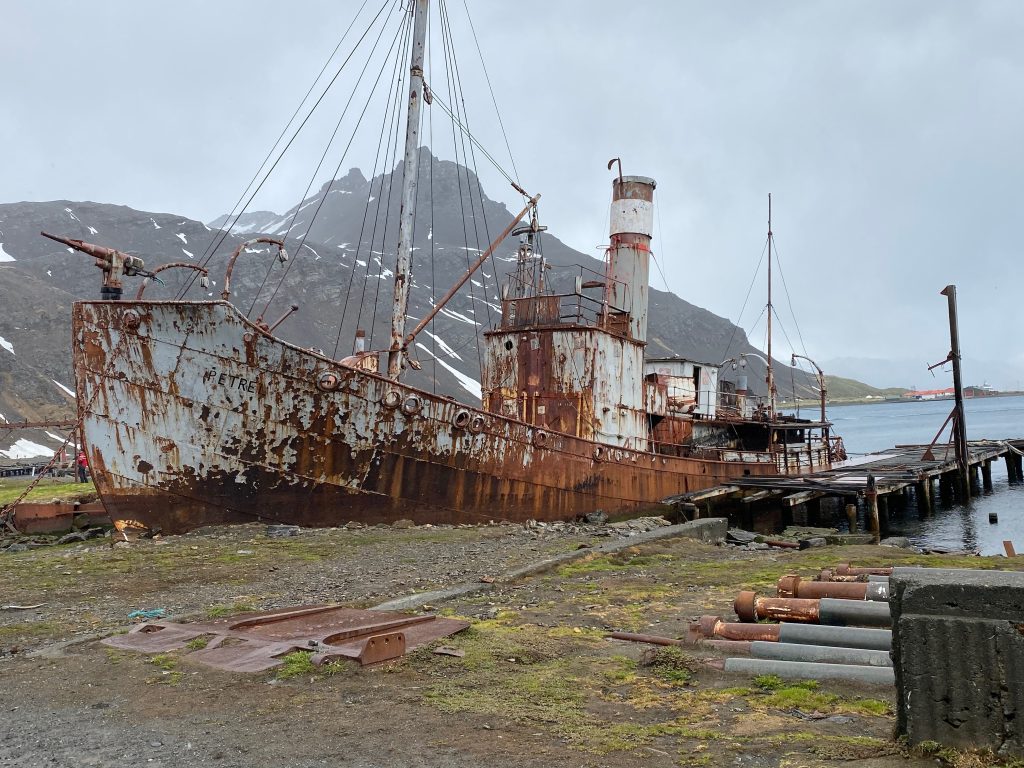

Fuelling a Greener Future, One Story at a Time. Every small step we take – from reusable bags to conscious consumption – ripples outwards, creating a wave of hope. Let’s rewrite the story of our planet, one click at a time. I believe in the power of storytelling. By sharing inspiring environmental initiatives, unsung sustainability heroes and practical tips, I aim to amplify the voices making a difference. Imagine a world where everyone is empowered to take action, one small change at a time. ‘Buy Me A Coffee’ donation is a quick and easy way to offer a small, one-off donation, that helps keep this platform running and allows me to continue sharing these vital stories. Just click the “Donate” button (top right corner). Every contribution, no matter the size, makes a difference. Thank you for being a part of this journey.
